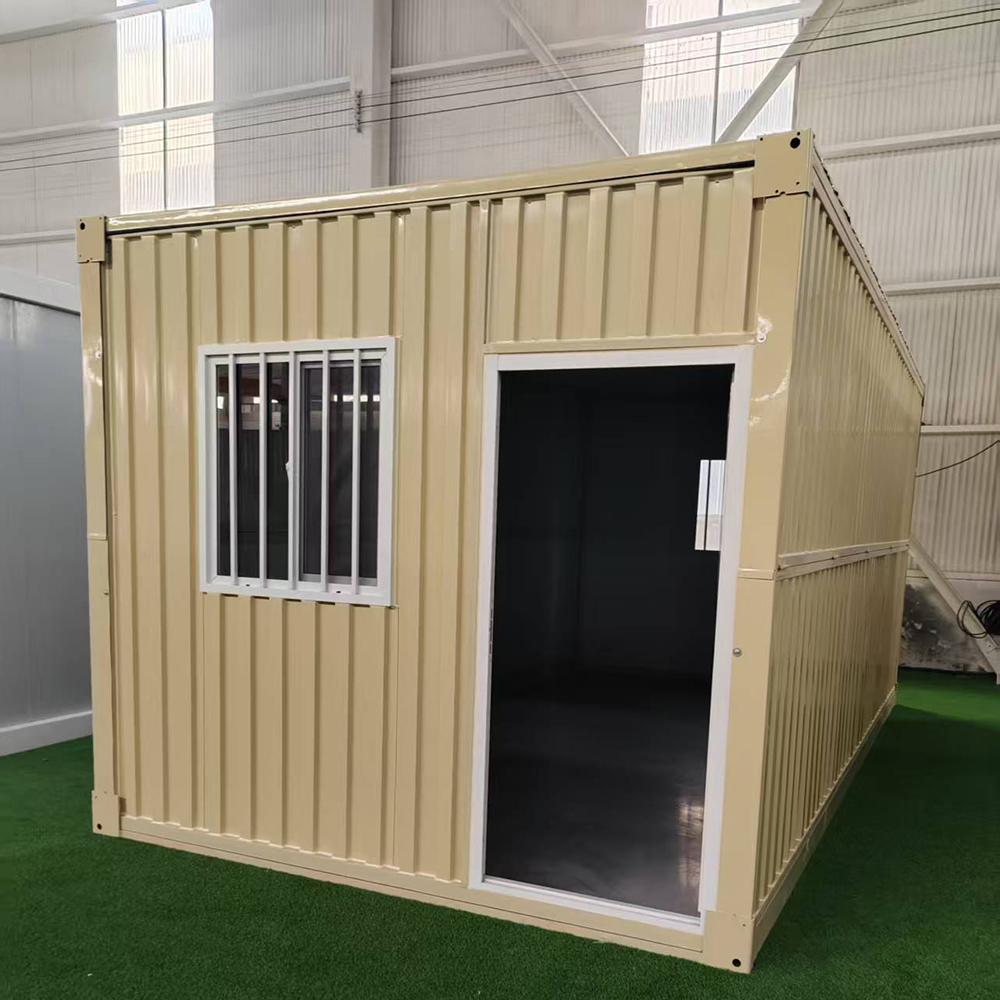-
E-mail
Austin120521@outlook.com -
E-mail
sales@jujiuhouse.com -
Telephone
+86-17864099991 -
Telephone
+86-17854044442
- Chinese
- French
- German
- Portuguese
- Spanish
- Russian
- Japanese
- Korean
- Arabic
- Irish
- Greek
- Turkish
- Italian
- Danish
- Romanian
- Indonesian
- Czech
- Afrikaans
- Swedish
- Polish
- Basque
- Catalan
- Esperanto
- Hindi
- Lao
- Albanian
- Amharic
- Armenian
- Azerbaijani
- Belarusian
- Bengali
- Bosnian
- Bulgarian
- Cebuano
- Chichewa
- Corsican
- Croatian
- Dutch
- Estonian
- Filipino
- Finnish
- Frisian
- Galician
- Georgian
- Gujarati
- Haitian
- Hausa
- Hawaiian
- Hebrew
- Hmong
- Hungarian
- Icelandic
- Igbo
- Javanese
- Kannada
- Kazakh
- Khmer
- Kurdish
- Kyrgyz
- Latin
- Latvian
- Lithuanian
- Luxembou..
- Macedonian
- Malagasy
- Malay
- Malayalam
- Maltese
- Maori
- Marathi
- Mongolian
- Burmese
- Nepali
- Norwegian
- Pashto
- Persian
- Punjabi
- Serbian
- Sesotho
- Sinhala
- Slovak
- Slovenian
- Somali
- Samoan
- Scots Gaelic
- Shona
- Sindhi
- Sundanese
- Swahili
- Tajik
- Tamil
- Telugu
- Thai
- Ukrainian
- Urdu
- Uzbek
- Vietnamese
- Welsh
- Xhosa
- Yiddish
- Yoruba
- Zulu
- Kinyarwanda
- Tatar
- Oriya
- Turkmen
- Uyghur

Buy cheap wholesale price folding prefabricated house
Exploring Affordable Prefabricated Houses: Insights from the Field
In the bustling world of modern construction, the term cheap wholesale price folding prefabricated house often sparks both curiosity and skepticism. As someone who's spent years navigating this industry, I've encountered my fair share of misunderstandings—many assume that affordability means sacrificing quality. Let's unravel this idea.
Understanding the Basics
First and foremost, purchasing a prefabricated house at a wholesale price doesn't solely stem from reducing costs. It's about leveraging efficient production and supply chain strategies. Shandong Jujiu Integrated Housing Co., Ltd., for instance, has mastered this art. They seamlessly integrate research, design, and production, which drastically cuts down on overheads.
One frequent assumption is that folding prefab houses must be flimsy or compromised in durability. From my experience, the truth is actually quite the opposite. These structures undergo rigorous testing and design optimization. Jujiu House, with their www.jujiuhouse.com platform, showcases various robust models tailored to withstand different environments.
Moreover, folding prefabs offer flexibility—both in terms of design and functionality. This adaptability, coupled with reduced production time, makes them appealing from an economic perspective. Yet, there are more nuances to this choice than meets the eye.
Challenges in the Market
While diving into prefabs, I've noticed market challenges that often go unmentioned. One particular hiccup arises in the form of logistics. Shipping these units efficiently without incurring hidden costs is critical to maintaining the advertised cheap wholesale price.
There's also the perception issue. Potential buyers often conflate cheap with low quality. Overcoming this requires transparent communication and demonstrable proof of quality, something that I've seen Shandong Jujiu excel in.
Furthermore, another hurdle is the customization process. Clients want personalized touches, and while prefab designs offer some customizability, conveying the possibilities requires skilled negotiation and creative problem-solving.
Success Stories and Lessons Learned
In terms of successful applications, I've witnessed not only residences but also uses like emergency housing and office spaces. For instance, a large-scale project managed through Shandong Jujiu facilitated rapid deployment of housing solutions post-natural disaster, illustrating their potential beyond typical scenarios.
However, not all projects are success stories. A noteworthy mention includes a project where inadequate local compliance knowledge led to delays. Lessons learned here emphasize thorough groundwork and legal research before installations.
Another lesson from the field touches on partnerships. Collaborating with reliable suppliers for components is indispensable. Finding partners who share a commitment to quality as seen with Jujiu, ensures the integrity of the final product.
The Role of Technology
In recent years, tech advancements have played a crucial role in revolutionizing the prefab industry. Digital tools in design and planning not only expedite processes but also enhance accuracy. This is where companies like Jujiu benefit—streamlining operations with sophisticated software results in cost efficiencies that are passed down to the consumer.
Automation in production itself is another layer, reducing manual errors and accelerating output. The implementation of sustainable materials combines efficiency with eco-conscious practices, an area where the industry is progressively heading.
Yet, integrating these technologies isn't without its hitches. Training staff and ensuring systems are well-integrated can be a steep learning curve but, ultimately, the long-term benefits are undeniable.
Final Thoughts
Stepping into the world of folding prefabricated houses at a wholesale price offers much more than a cost-effective solution. It's an exploration into the possibilities of modern construction, embracing efficiency without compromising quality. Companies like Shandong Jujiu are trailblazers in demonstrating how advanced practices can reshape perceptions and redefine what cheap truly means.
In conclusion, for those considering a move into this sector, it's vital to do your due diligence, partner with reputable firms, and above all, remain open-minded about the evolving potentials of modular living.
Related products
Related products
Best selling products
Best selling products-
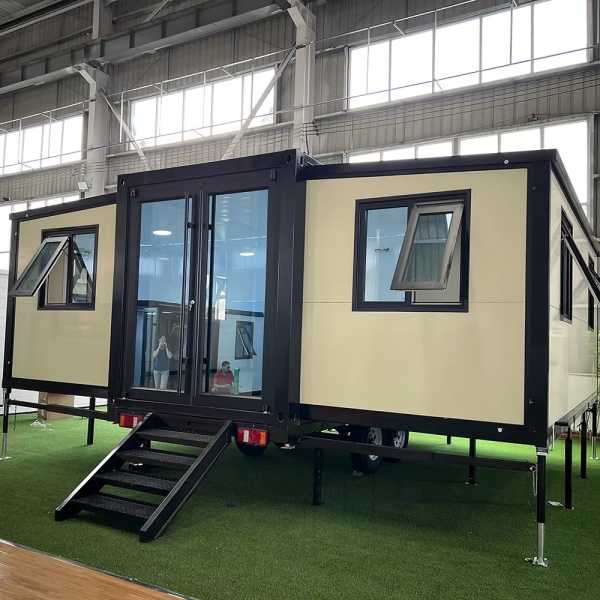 Stair Access Double Wing Expandable Container House | Easy Installation Mobile Office
Stair Access Double Wing Expandable Container House | Easy Installation Mobile Office -
 A container house with a terrace and double-wing folding design, suitable for various purposes such as offices, meeting rooms, living rooms, etc.
A container house with a terrace and double-wing folding design, suitable for various purposes such as offices, meeting rooms, living rooms, etc. -
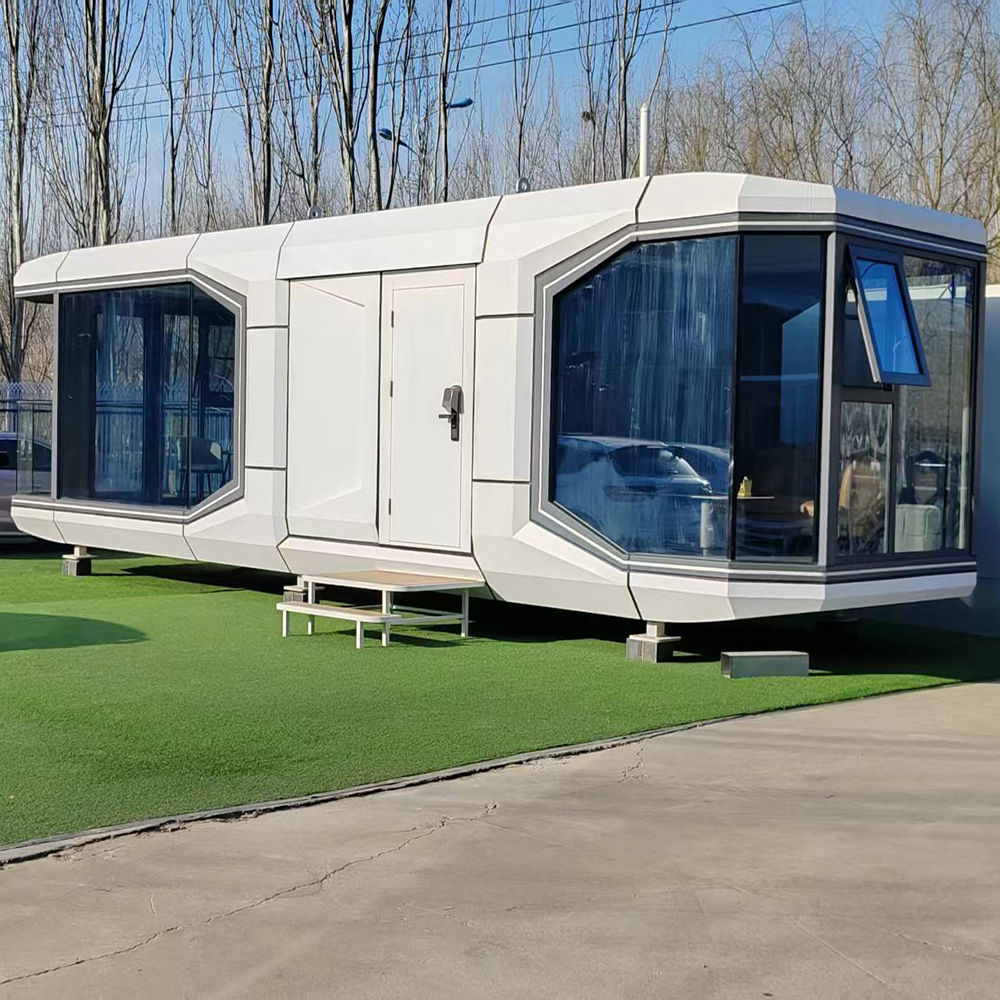 Luxury High Quality 2 Bedroom Container Home Prefabricated Steel Space Capsule for Office Shop Hotel or Outdoor House
Luxury High Quality 2 Bedroom Container Home Prefabricated Steel Space Capsule for Office Shop Hotel or Outdoor House -
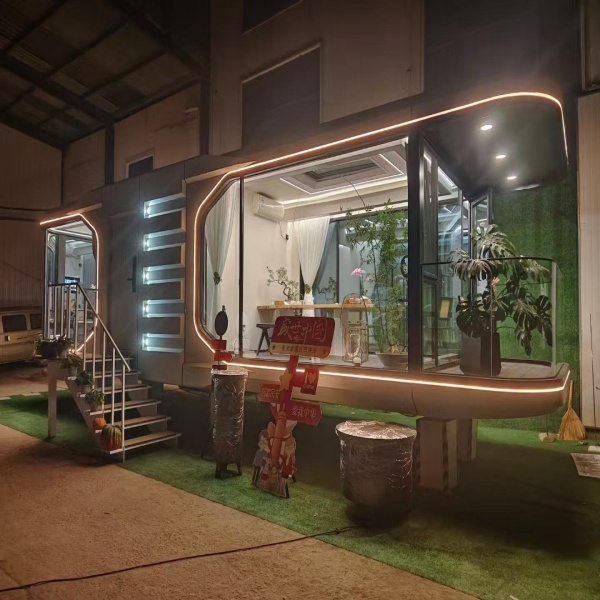 Outdoor ecological capsule rooms, luxury pods, space capsule hotel rooms, prefabricated space capsules, container houses
Outdoor ecological capsule rooms, luxury pods, space capsule hotel rooms, prefabricated space capsules, container houses -
 Hot-selling foldable container houses, expandable prefabricated houses, suitable for office or living use, with fast delivery.
Hot-selling foldable container houses, expandable prefabricated houses, suitable for office or living use, with fast delivery. -
 Factory Direct Sales Office Folding Container Luxury House Living Container House
Factory Direct Sales Office Folding Container Luxury House Living Container House -
Two Wing Folding Expandable Container House
-
 Luxury Foldable Two Story Container House for Glamping Resort and Villa Hotel
Luxury Foldable Two Story Container House for Glamping Resort and Villa Hotel -
 Reasonable Price 1 Bedroom Modular Container House Folding Container Home for Villa or Apartment Use
Reasonable Price 1 Bedroom Modular Container House Folding Container Home for Villa or Apartment Use -
 Customized Expandable Container House Holiday Home Folding Prefab Container House with Bathroom and Kitchen
Customized Expandable Container House Holiday Home Folding Prefab Container House with Bathroom and Kitchen -
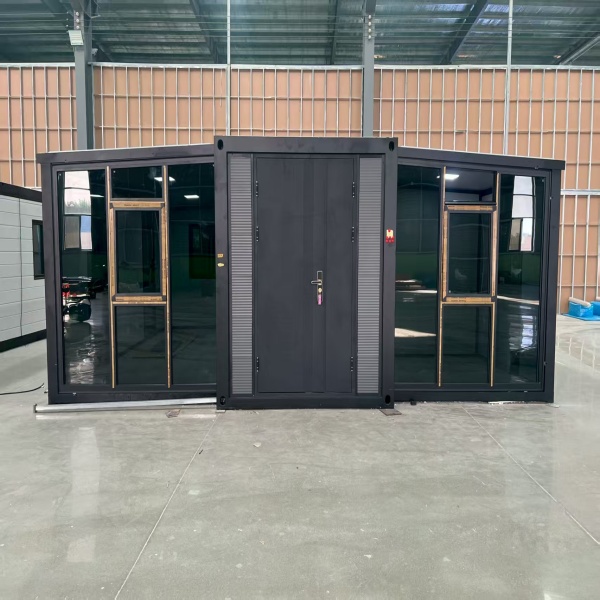 Customizable Office Mobile Home with Flat Roof and Double Wing Expansion Box, Convenient Container
Customizable Office Mobile Home with Flat Roof and Double Wing Expansion Box, Convenient Container -
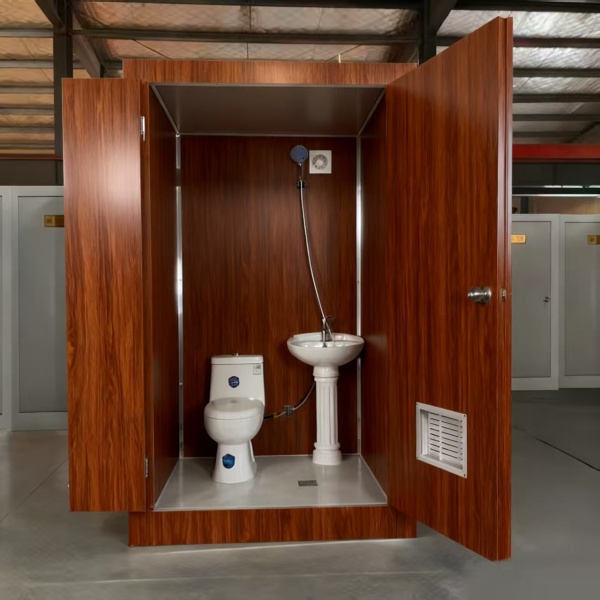 Portable outdoor camping bathroom, mobile toilet, prefabricated modular villa & rental of outdoor and indoor showers
Portable outdoor camping bathroom, mobile toilet, prefabricated modular villa & rental of outdoor and indoor showers
Related search
Related search- prefabricated house folding container
- expanding container house
- z folding container house
- China economical prefabricated modular mobile portable container house
- z folding container house
- Buy portable prefabricated expandable container house
- China expanding container house
- container house prefabricated villa
- Buy apple valley lake cabins
- China 2 bedroom space capsule house









